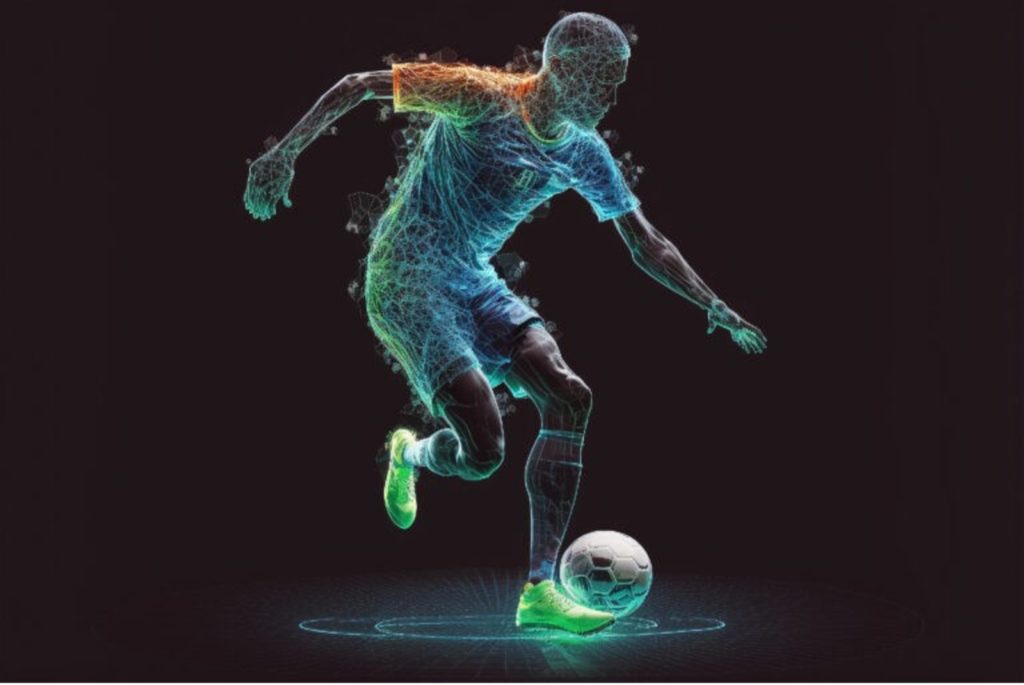
Creator: David de la Iglesia Villar
Technology driven, scientific support is widespread in professional sport. In fact, one might argue it is so prevalent that those involved in raising standards feel obliged to follow the trend of employing multiple specialists, adopting the latest software and drawing upon statistics to support decisions. Failing to do so may potentially leave key decision makers vulnerable to criticism in the face of poor results. After all, in the world of marginal gains, isn’t each incremental step towards knowing more of benefit to the athlete and to the wider machine that sits in the background? But who is the support really for, is it there to guide decisions or to justify them; does it offer apparent certainty where in fact there is interminable variability? Does it support the position of the athlete or the specialist? I think these are questions we should routinely ask ourselves, whatever our field of expertise.
Much of our work in the GSSPP revolves around interdisciplinary practice, so why question the use of specialist support and the technology we use to monitor athletes? Well, in our measurement-obsessed society a problem arises when the most effective course of action, is not triggered by, or related to, a measurable consideration? When an athlete requires an intervention that does not align with the evidence or breaks from normative behaviours. Measurable evidence can be hugely important, but we must guard against it obscuring the unquantifiable, messy complexity of real-world interactions. These intangible, often frustrating, sometimes confusing concerns are of the greatest importance, and in addressing them we build the foundations upon which more technocratic support can be layered.
Finally, let’s consider one way that objective, scientific support could impact the athlete. The athlete who we so often implore to be a problem-solver, an independent thinker, self-motivated and resilient in what they do. How effective are we at fostering self-reliance and the ability to think and react in the heat of competition in those we are charged with developing, when we take so many decisions for them? We dictate diet and sleep patterns; we monitor heartrate and track positioning; we analyse performance to advocate technical and tactical developments; we prescribe strength and conditioning regimes. We do all of this, and expect to produce adaptable, skilful decision-makers. In this scenario I question, who are we helping?
So, the suggestion is not that everything is wrong, or that we should focus solely on the athlete and forget the support team – there are multiple stakeholders in the mix. However, there is scope to reflect on whether our daily practice is achieving what we say we’re trying to achieve. Can we adopt a big picture perspective and question whether we are genuinely helping those around us, in the best way possible? There is some excellent work in this space, for example Rothwell et al. (2020); Burns & Collins (2023) that encourages us to think about the issues of interdisciplinary working in sport. I would encourage all support staff, from coaches to physios to performance analysts etc. to reflect on how balanced they are in their approach (see previous post and the POWA model to support notions of balance).

P.F.Garner@bham.ac.uk
